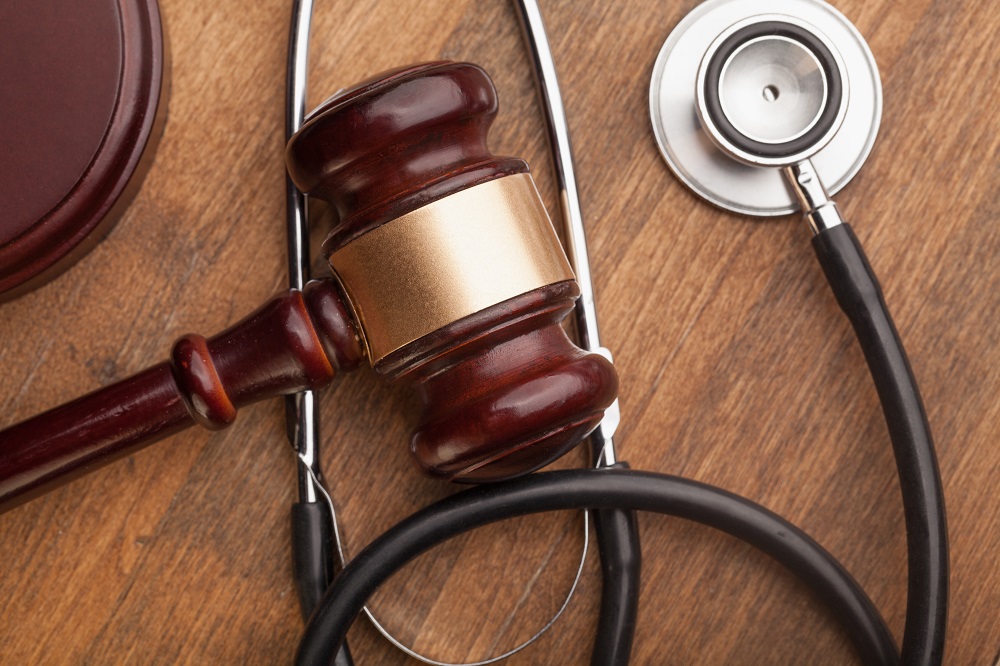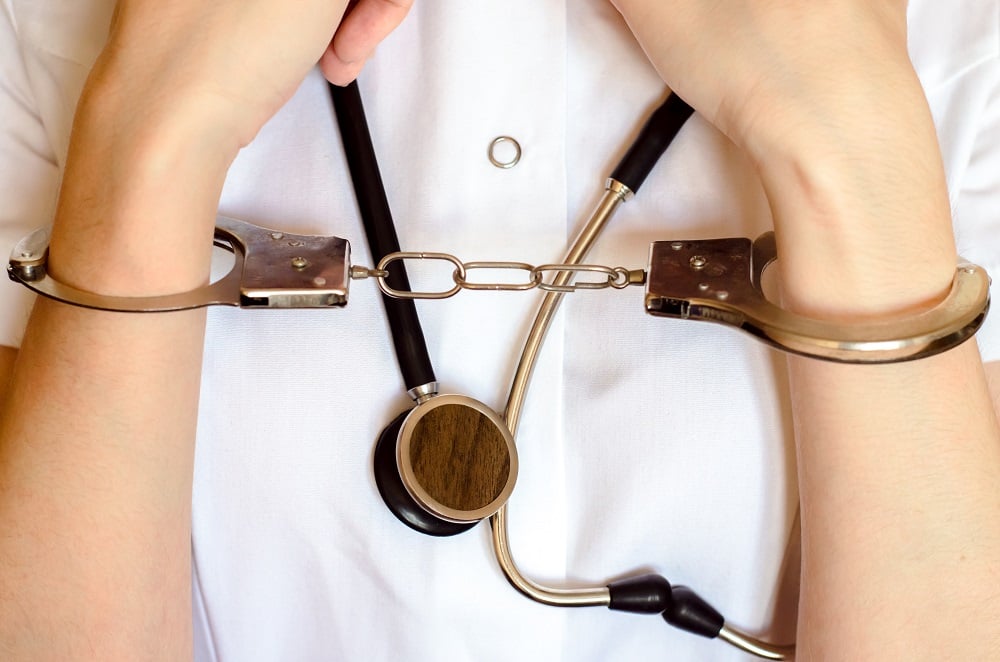When medical outcomes are less than ideal or when illness, injury, and even death come as the result of the action, and possibly inaction, of medical professionals, it’s common for questions about medical negligence and malpractice to be asked. The words “negligence” and “malpractice” are often used interchangeably, but it’s important to know that, at least in the eyes of the law, these two words mean very different things. One critical role of expert witness services from Reliable Clinical Experts is to examine the details of your case and weigh them against legal standards for negligence and malpractice. Our expert medical witnesses use the following information about negligence and malpractice to determine the potential for litigation.
 What Is Negligence?
What Is Negligence?
Negligence is broadly defined as “the failure to exercise reasonable care.” Medical professionals are negligent if they fail to provide care that, given a similar set of circumstances, any other prudent person would provide. The key phrase here is “any other prudent person;” medical negligence covers the actions of any individul who can reasonably be held liable for a person’s injuries.
For example, a receptionist in an ER who ignores obvious signs of an emergency and does not alert medical personnel can be found medically negligent, as might an ambulance driver who makes an unecessary detour en route to the hospital. In tort law, negligence is associated with carelessness.
Our medical malpractice experts evaluate cases for negligence by considering the following:
· Did reasonable, appropriate care in the circumstances require a medical professional?
· Could the harm have been prevented without the need for professional medical care if the patient had been examined in reasonable time?
· Was the harm caused by ignoring, forgetting, or simply not caring for the patient?
· Was the right and appropriate care a matter of general rather than professional care?
In sum, negligence is the failure by any responsible individual to exercise reasonable care.
 What Is Malpractice?
What Is Malpractice?
In contrast, malpractice is a matter of professional care. Medical malpractice occurs when the care provided by a licensed healthcare professional fails to meet the standards of care set by a governing body, and this substandard care results in harm to the patient. Medical malpractice involves licensed professionals and specific, delineated standards.
Reliable medical experts look for malpractice by asking the following questions:
· Did a medical professional fail to meet the standard of care?
· Did a medical professional make an error?
· Did the error cause harm?
· Did the error occur an event that would only be done by professionals?
Medical professionals can be guilty of malpractice through negligence (careless errors) or through deliberately harmful actions.
The Need for a Reliable Clinical Expert
Very few adverse medical outcomes are the result of deliberate acts. Medical malpractice suits are generally based on negligence; the plaintiffs must prove that the medical professional was negligent in the care provided. Common errors include medication mistakes, poorly functioning equipment, anesthesia errors, diagnostic erros, birth injuries, and lack of informed consent.
At Reliable Clinical Experts, we provide exceptional medical expert witness services. With the help of medical legal consultation, you can distinguish real medical negligence and malpractice from the natural possible complications or ineffective communications between provider and patient. Our consultations are performed by highly qualified expert medical witnesses that span a wide variety of specialties. Call today; we’re looking forward to hearing from you!


